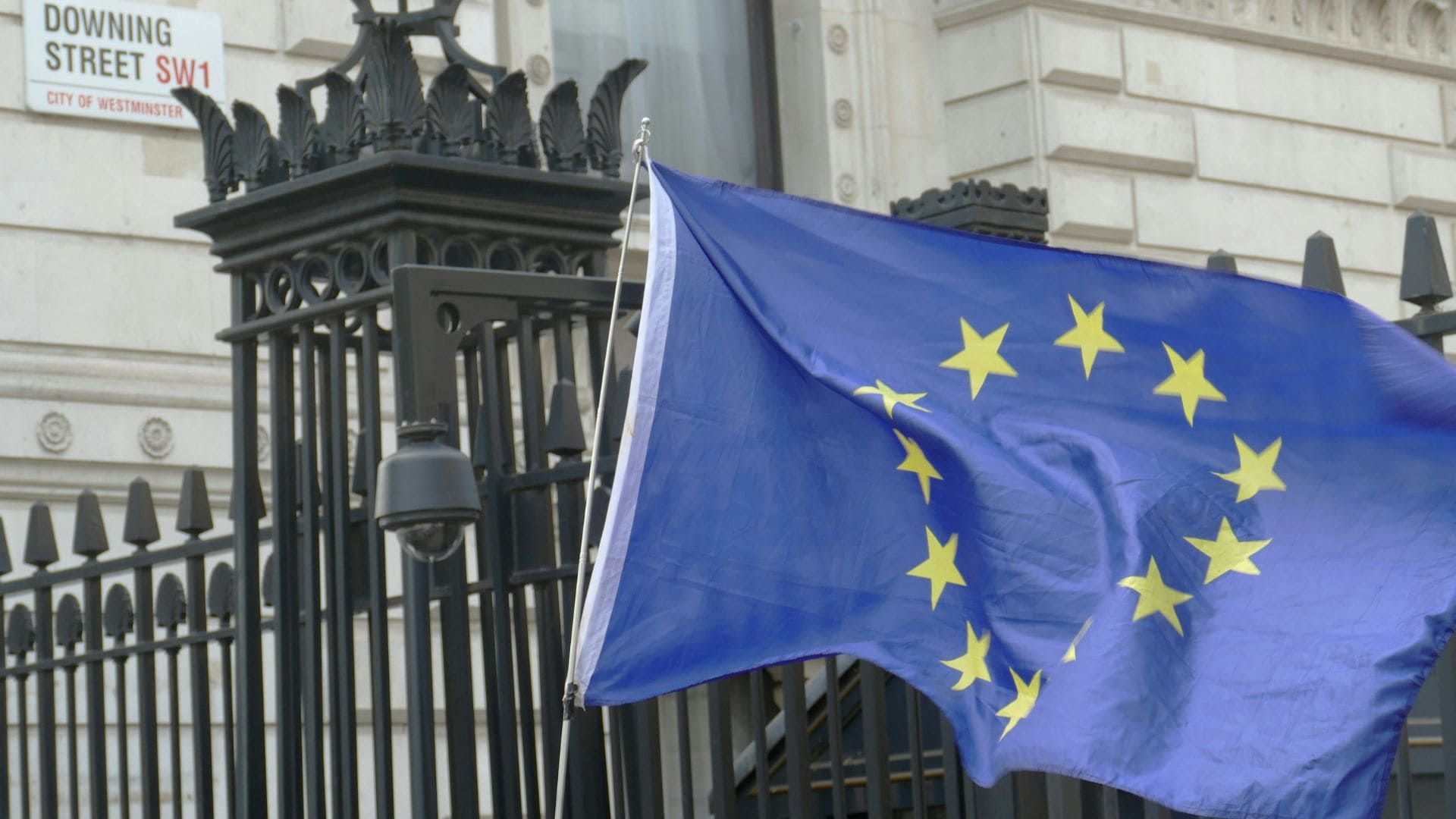Retail Scanner
Enforcing Your IP Rights at the Border – What’s New?
November 2021
I have a friend who is a keen model car collector. Recently he spotted one he liked the look of on a well-known online auction site, put a bid on it, and won.
He patiently waited for his model car to arrive from the US. When the package was delivered to his house a few weeks later, it arrived in an unexpected condition. The car itself was in good shape, but the box in which it was sent had clearly been opened and taped back up using UK Home Office branded tape and had on it a sticker stating Border Force had “opened and examined” the contents.
Obviously everything was in order because the package made its way to its final destination, albeit after a small detour, but this incident got us thinking about how UK customs can (and clearly are) acting to enforce IP rights, and how this has changed post-Brexit.
UK Application For Action (AFA)
Prior to 1 January 2021, the date on which the UK left the EU, IP rights holders were entitled to record details of their rights with the UK customs authorities and request that any potentially infringing or counterfeit goods entering or leaving the UK or EU market were detained and possibly destroyed. This could be done by way of a UK “Application For Action” (AFA) covering the UK only, or an EU “Application For Action” (AFA), covering the entirety of the EU.
The AFA mechanism was historically put in place by way of legislation connected to EU border enforcement. However, following the end of the Brexit transition period, any EU AFAs in place have ceased to have effect in the UK. This means that UK Border Force are no longer able to enforce an EU AFA.
Any rights holders that previously had an EU AFA in place to protect their IP rights from counterfeit goods entering the UK market will now be required to put in place a UK AFA.
Previously a UK AFA was put in place by completing the relevant EU Commission forms and sending them to the UK customs authority, known as HMRC. If a rights holder now wishes to record their IP rights and establish a new UK AFA, they must first register with HMRC and establish a “Government Gateway” account, then complete the online form.
HMRC must also be provided with information that will enable them to identify any counterfeit goods and alert the rights holder of those goods. This information can include copies of trade mark registrations, photographs of genuine goods, technical specifications of the goods or marketing materials.
Customs Enforcement
Once a UK AFA has been put in place, the UK customs authorities are able to take a number of actions against any potentially infringing goods. These include:
- Detaining the goods for 10 working days whilst they await instructions from the rights holder or their representative. It is worth noting that this term is limited to three days in the case of perishable goods.
- If the rights holder confirms that the goods are counterfeit, the rights holder can request that the goods are destroyed by the UK customs authority.
- If the importer/exporter of the goods does not respond to the destruction request the goods will be automatically destroyed. If the counterfeit nature of the goods is contested by the importer/exporter, the rights holder can then bring legal proceedings.
Is it Worth it?
A growing number of retailers and wholesalers are finding their ability to enforce at the borders is more challenging following Brexit. If you are a rights holder that wants to protect against counterfeit goods coming into or out of the UK, a UK AFA can be a very effective way of enforcing your rights. Establishing a UK AFA is reasonably straightforward and cost effective and can serve as a valuable enforcement tool against infringing goods entering the UK market.
This article was prepared by HGF Trade Mark Attorney James Appleyard.
































